The Myth
The myth of Orpheus and Eurydice is one of the most well known Greek myths. Recent trends have promoted its popularity; two related trends in just the past few months is two more than most millenia-old myths. Walking through Times Square without looking back just to prove Orpheus wrong is somehow so much more on-topic, yet inaccurate, than “Orpheus a girl behind YOU.” While TikTok works wonders, the biggest promoter of this myth is the musical Hadestown.
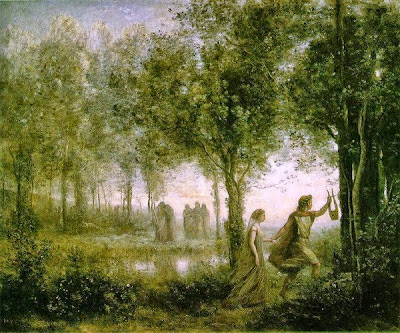
In Greek mythology, the gods are known for punishing humans in creative ways. In the myth of Orpheus and Eurydice, Orpheus defies the gods by attempting to bring his beloved Eurydice back from the dead. He makes it into the underworld and finds her, but Hades, the god of the dead and king of the underworld, refuses to let her go. His wife, Persephone, on the other hand, is inspired by their young love. She convinces Hades to give them a chance. They were allowed to leave – on one condition. They must walk all the way back, with Orpheus in front of her, unable to see her. He has no way to know if she’s really following him out, but if he turns back to look, he dooms them both. Though, the gods are known to play tricks on humans – should he trust what he can’t see?
Hadestown takes inspiration from this myth, exploring deep into the relationships and the motivations of the characters. Accompanied by an insane folk-jazz soundtrack, the myth comes to life.
Our Cast & Dates
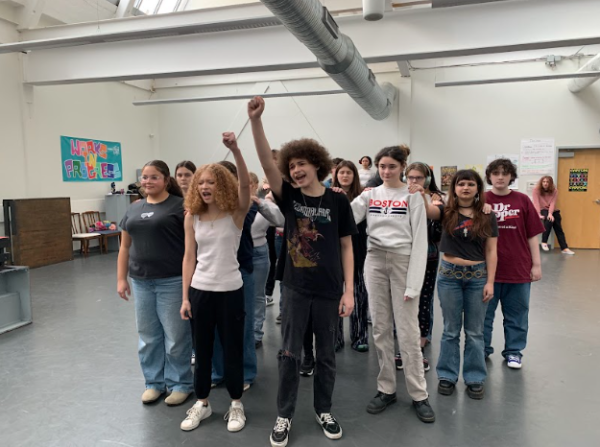
Hadestown: Teen Edition only has a small cast of named characters. For emerging high school actors, it can be discouraging to be cast in the ensemble instead of one’s dream role. Thomas has addressed this by double casting the musical, meaning two students are sharing the same named role, allowing twice as many students to earn these roles. Each set of the cast will be performing two shows, with the leading actors joining the ensemble for the other two. For those with friends in the show, seeing them as their character is extremely important. In the first version of the show, the Winter Cast, we’ll be seeing Norman Eason as Orpheus, Jariana Mojica as Eurydice, Marc-Anthony Gonzolez as Hades, Sofia Hernandez Fereira as Persephone, and Adela Furman as Hermes. The Spring Cast features Max Acevedo as Orpheus, Nohelys Ortega as Eurydice, Bruin Kusmeskuz as Hades, V Perez as Persephone, and Shammia Martin as Hermes. As for our Fates, the women who determine all beings’ destinies, all actors will appear in all versions of the show.
Unlike the rest of the main cast, the Fates were actually triple-casted. Going from the original three (per Greek mythology) to an overwhelming nine is a big jump. It sounds intimidating at first, but when you think about the Fates’ role in the story – in Orpheus’s story – it makes sense. They’re making him doubt himself, they’re making him think he’s going insane. He’s seeing triple. The Fates have the ability to manipulate the characters into fulfilling their stories, and I’m very excited to see this creative modification in the final product.
If you don’t know any of these actors, not to worry, you can still come see the show! Due to the personalities of the students in real life and the performances I’ve seen so far, the Winter Cast’s shows will be more playful while the Spring Cast’s will be more heartfelt and intense, so choose wisely. Or go to one of each, like I’ll be doing! The Winter Cast will be performing Friday, January 31, at 7 pm and Saturday, February 1, at 2 pm while the Spring Cast takes on the evening show on Saturday at 7 pm and the closing show at 2 pm on Sunday, February 2. Tickets are available on the GHAA Full Day website through Ticketleap. GHAA students can also purchase tickets from Ms. Hart for $5 and get their money back at the show.
More About the Production
Because this show is based on a Greek myth, musical theater teacher/director Thomas Beebe decided to team up with Miss Kylie and her mythology class to brainstorm creative and true-to-myth changes to bring to GHAA’s version of the show. Students in Kylie’s class are paired up with actors in the show. We give advice on how to embody not just the character, but the god (or demigod, or nymph, or whatever). They’re the experts on the show, but we’re the experts on the myth. From costumes to complete personality changes in some of our characters, we hope you enjoy our take on it.
Many other arts teachers are also collaborating on this show, making Hadestown: Teen Edition an entire-school project. Missy is a theater teacher, so naturally she’s getting involved, but beyond theater, all the concentrations are working together to make the show the best it can be. Deanna has been helping with choreography and Melanie has been helping with harmonies in the singing; this is still a Triple Threat class! Additionally, Ms. Nancy’s classes have been working on visual art for the set. Kylie, Deanna, and students reported that the collaboration is strengthening the school community, not to mention elevating the show, like never before. A huge thank you goes out to all of the teachers involved!
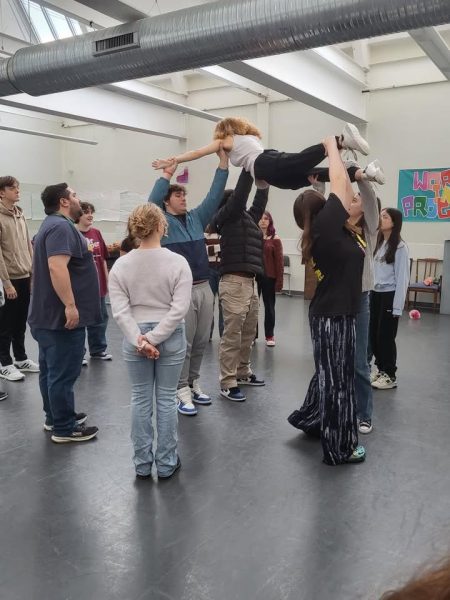
I have been so lucky to be able to view these rehearsals and get a sneak peak of both the actual show and the acting process. Being in Kylie’s class means I can watch the actors during their A3 class, as well as the additional rehearsals that are all held during stunch. GHAA is all about equity, so we’ve started a show that rehearses entirely during the school day. Many students have other responsibilities once they leave school that makes it impossible for them to participate in school shows – which is the main type of acting experience high school provides. Even with the theater classes we have at GHAA, most are specialized on certain skills, which provides a very different experience than that of being in a show. Acknowledging this shortcoming, Thomas started a class that holds the entirety of Hadestown: Teen Edition’s rehearsals during the day.
When asked, Thomas was very passionate about rehearsing during the day, even though he’s hyper aware of the time constraints. Since they have limited time, only 75 minute periods two to three times a week, as well as being at the mercy of snow days, field trips, and holiday breaks, they have to maximize the time they have. Still, Thomas sees this class as a win-win, both for the students and for the show itself. Students who wouldn’t usually be able to participate now have the opportunity to. “Theater is for everyone,” Thomas stated. He’s also a bit selfish about it, as he wants to utilize the exceptional talent of GHAA’s students, and doesn’t want to let anything get in the way of that. However, because the cast has shorter and fewer rehearsals, they have to make the most of them.
Hadestown: Teen Edition was actually picked as “the perfect show,” in Thomas’s words, for this new class because of its reliance on the ensemble. Class time is used to work on ensemble parts while lead performers practice independently and in small groups during stunch. The ensemble is on stage almost all the time, an even bigger part of the story than some of the named characters. Additionally, because of the double casting, everyone is part of the ensemble. The ensemble is the community, the world around them; the ensemble makes the story bigger than just Orpheus and Eurydice.
…Or does it? (Yes, but also…)
At the end of the story, they die. But in a world where the dead make up an entire realm, where they build and toil and work for eternity, can anyone really die? The story is a circle. We know this. We’re gonna tell it anyway. But the Orpheus who failed and the Eurydice who died don’t escape their fates; they are not the people starting the story over again. A new Orpheus and Eurydice, ignorant and oblivious of their destiny, are needed for the story to be able to repeat. So, what happens to the ones who know? Stuck in Hadestown, they fall in line. They work. Every single member of the ensemble, every worker in the underworld, is Orpheus or Eurydice.
Are we, too?
Unlike typical theater, the audience will be on-stage during GHAA’s performance of Hadestown: Teen Edition. This might be the most intriguing change Thomas has made, and as you can tell, there are many. Don’t worry, you don’t have to perform, but we’re a part of the story, too. Just like the gods, just like the workers, we’re watching the story over and over again. Even if you haven’t seen the show before, you know the story. We know what will happen. Orpheus and Eurydice don’t. We see the cycles of the people around us, the ones that they never see themselves; is it because we experienced them ourselves?
We take our experiences and offer them to those around us. We go through it so they don’t have to. Take what this show gives. Pass it along. Don’t give it up. It’s no accident that the show mirrors the real world, but it is a tragedy that this still rings true today. Stay hopeful. The cycle is never-ending, but that doesn’t mean we can’t still try to break it.
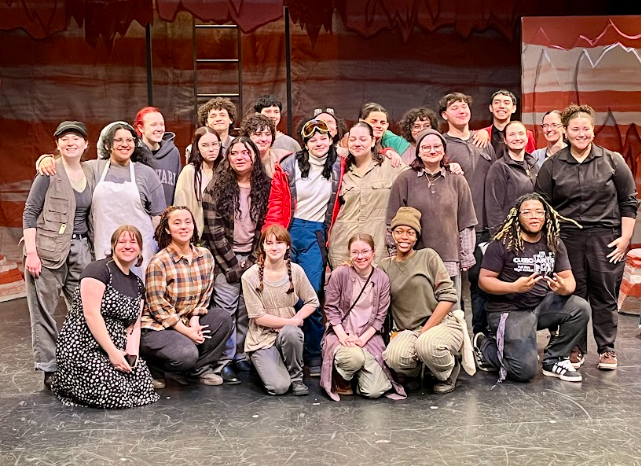


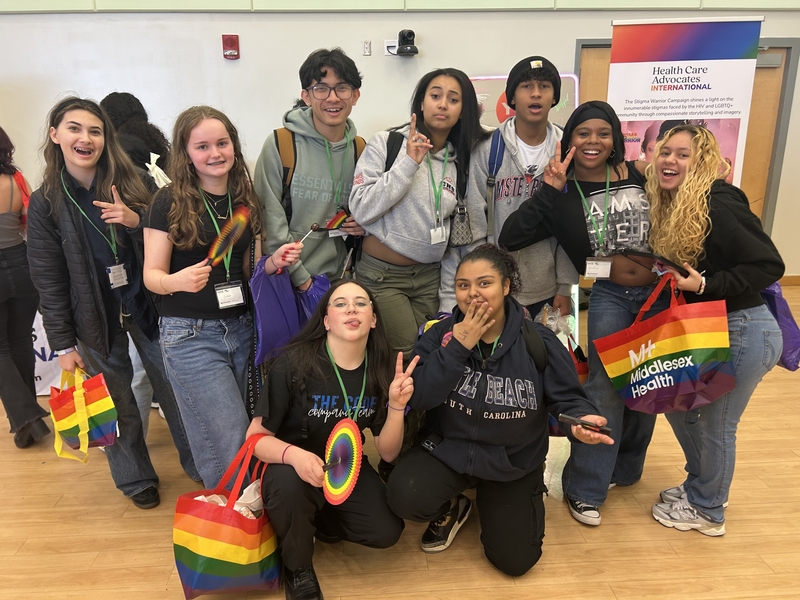
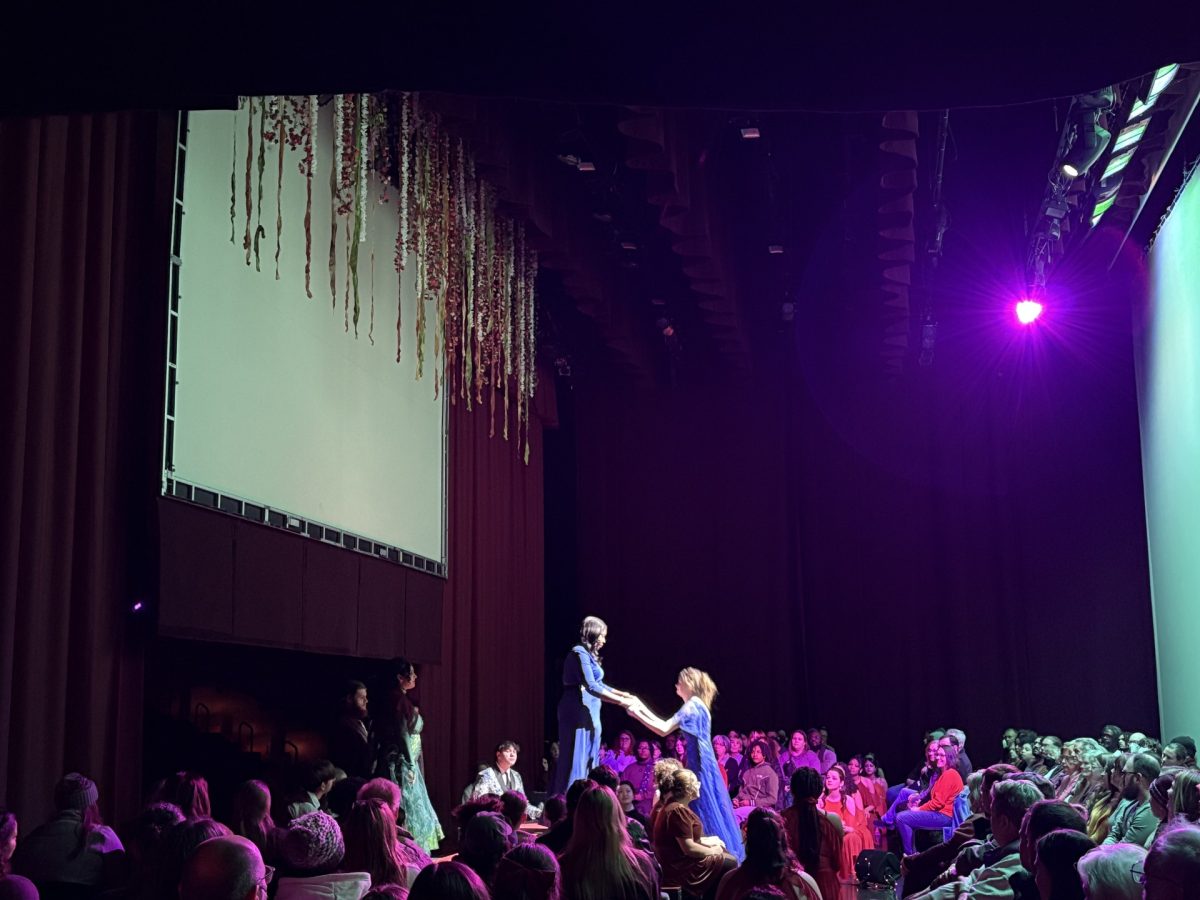




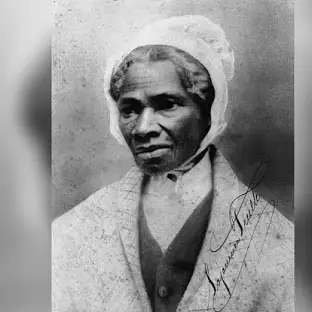
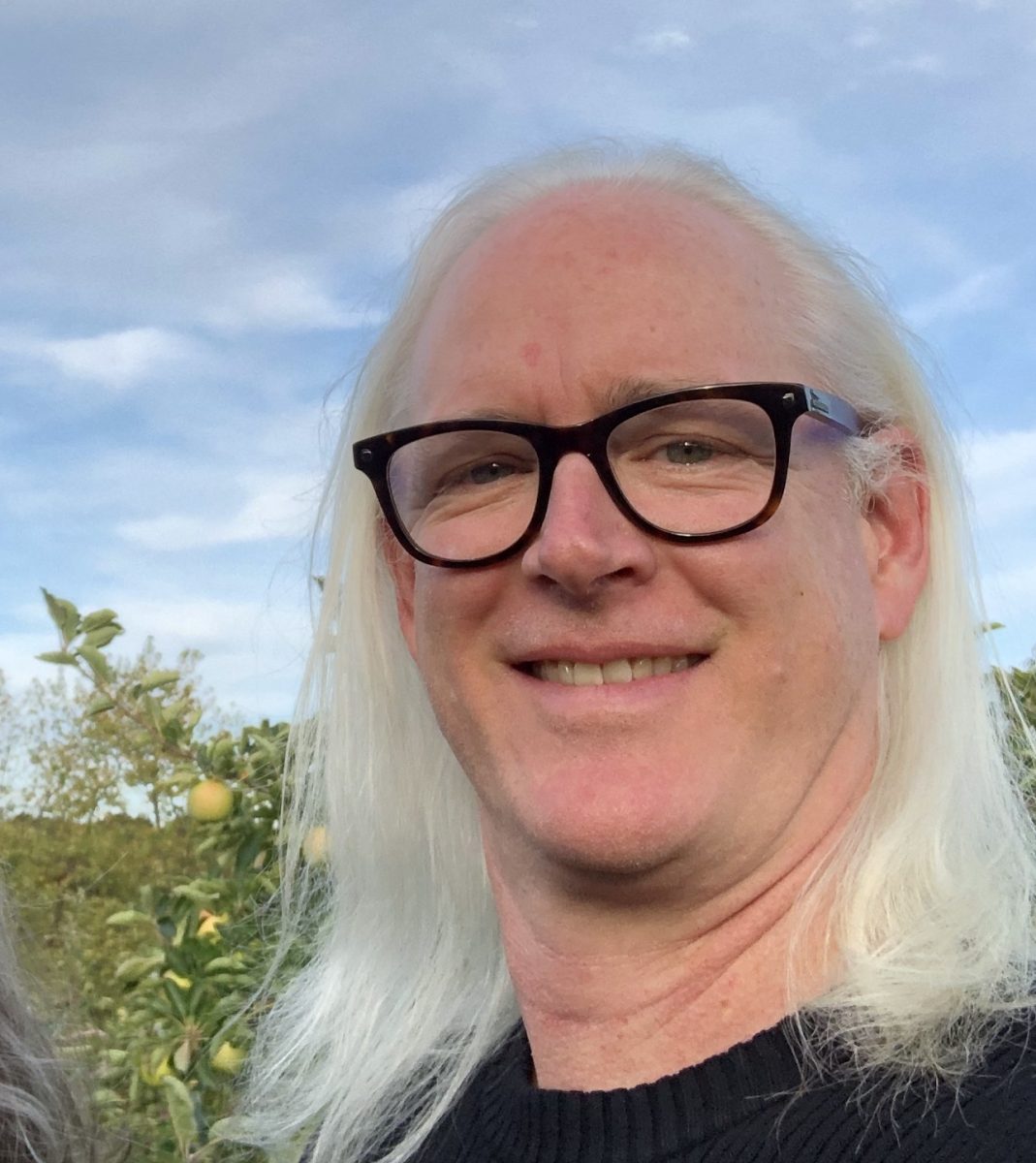
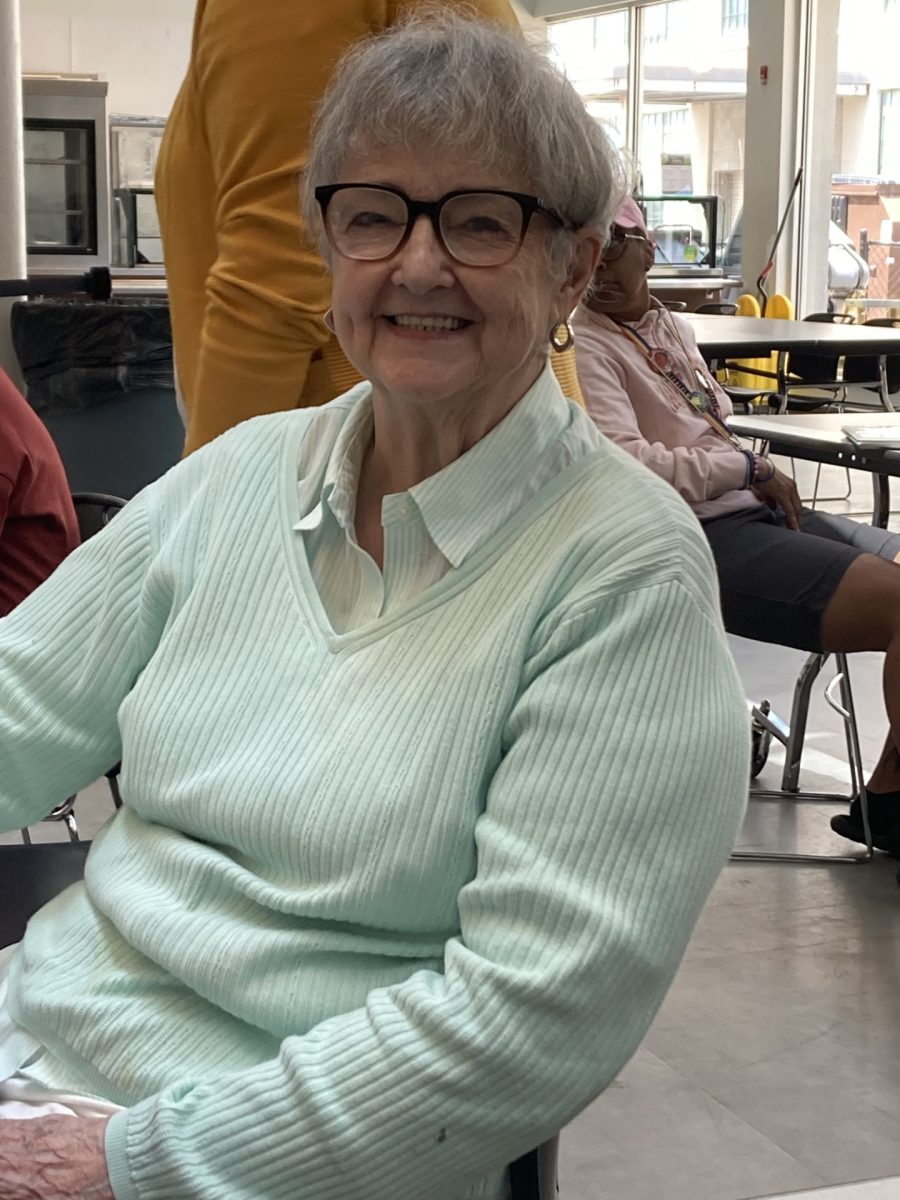
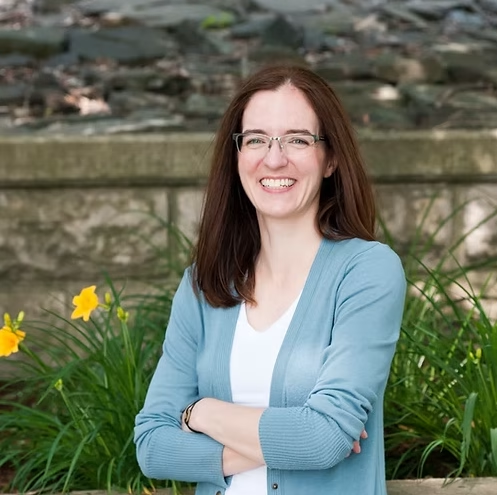
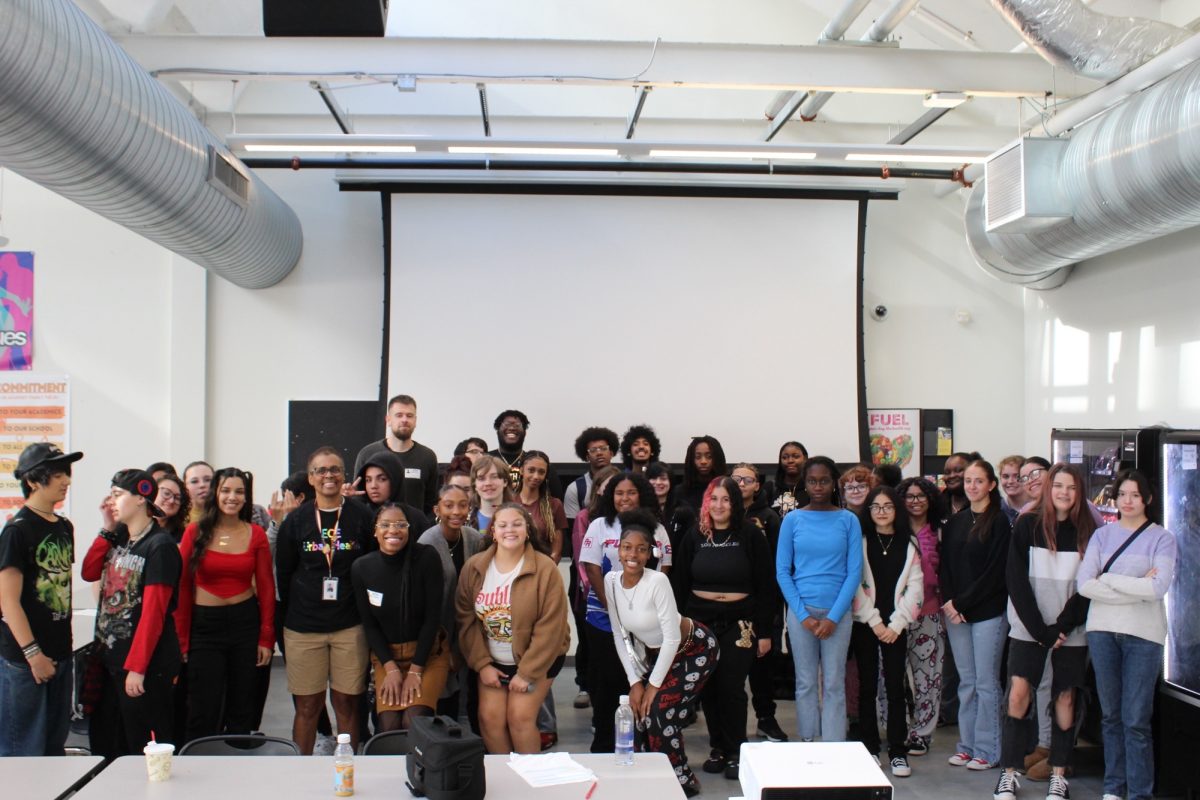
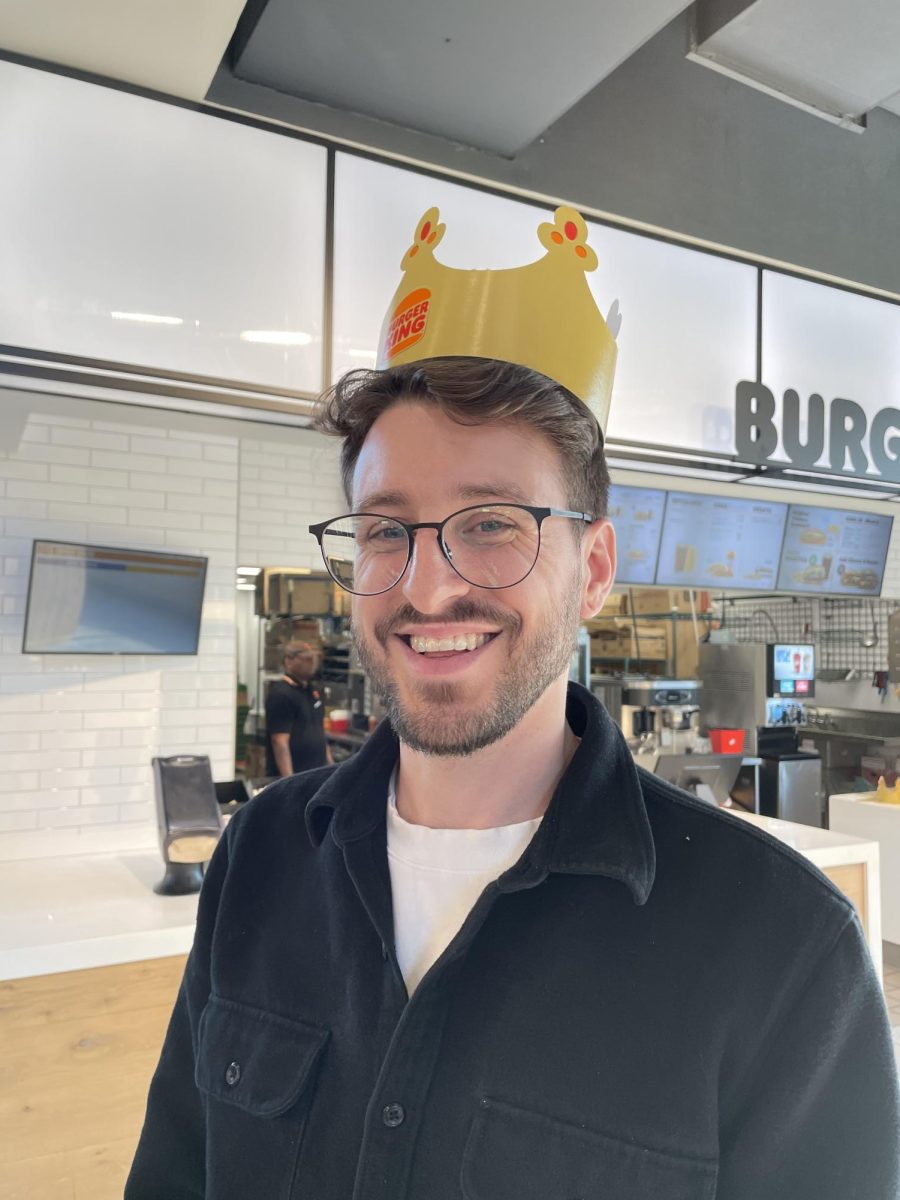
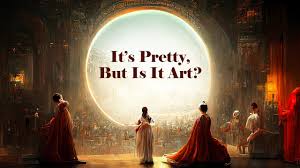

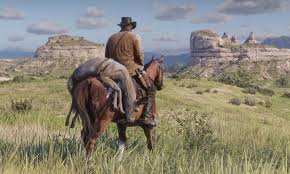

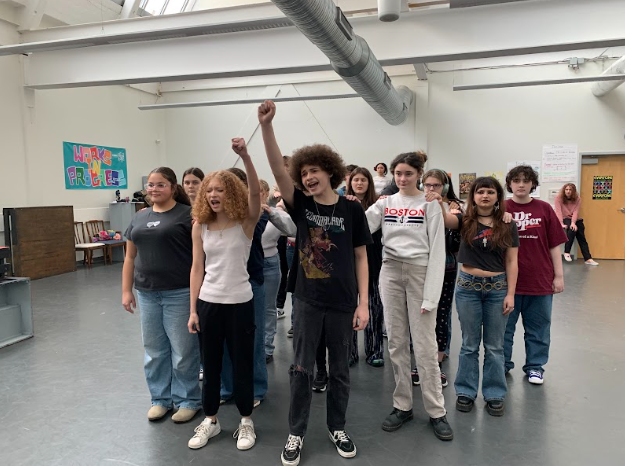
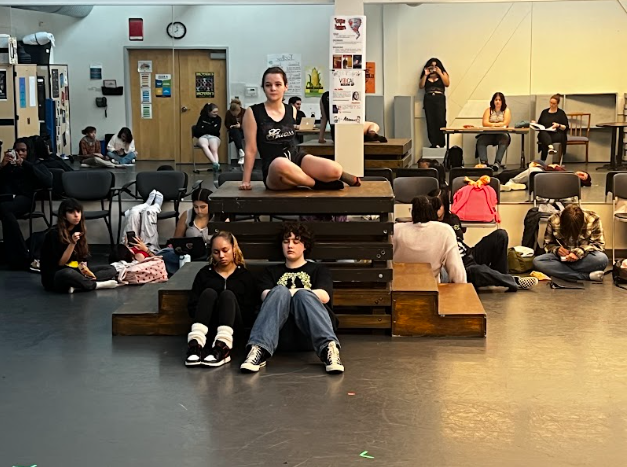


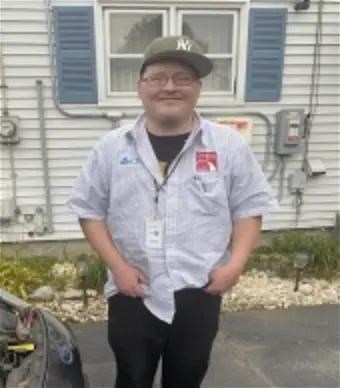
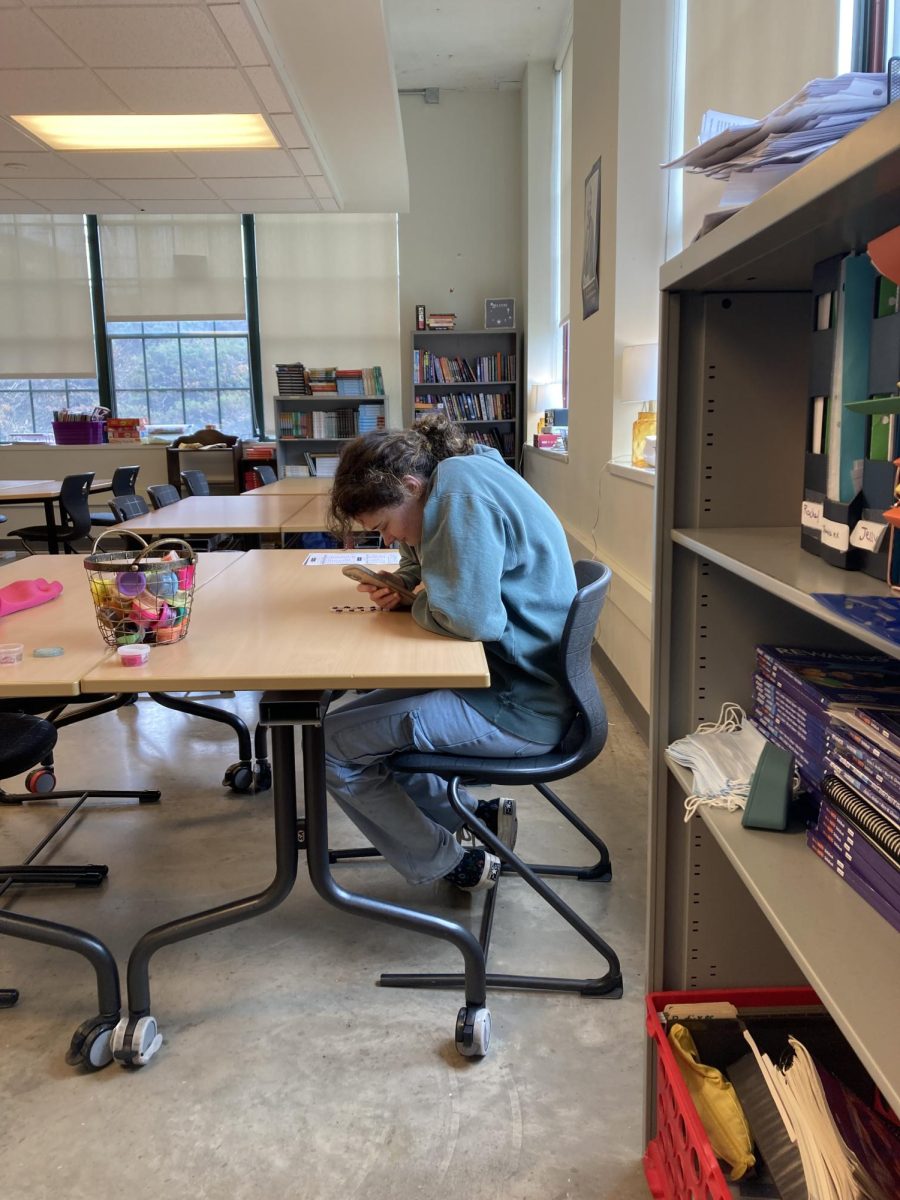


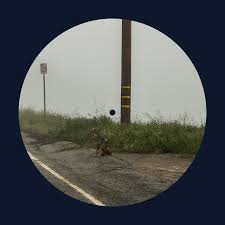
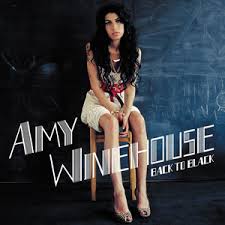


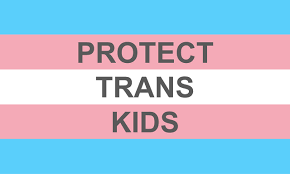
Elise
Jan 15, 2025 at 6:57 am
YESSSS RAAAA HADESTOWN!!!!1!1!!1!!1!
Please come! It’s going to be sooo good. Come see the way the world could be in spite of the way that it is.